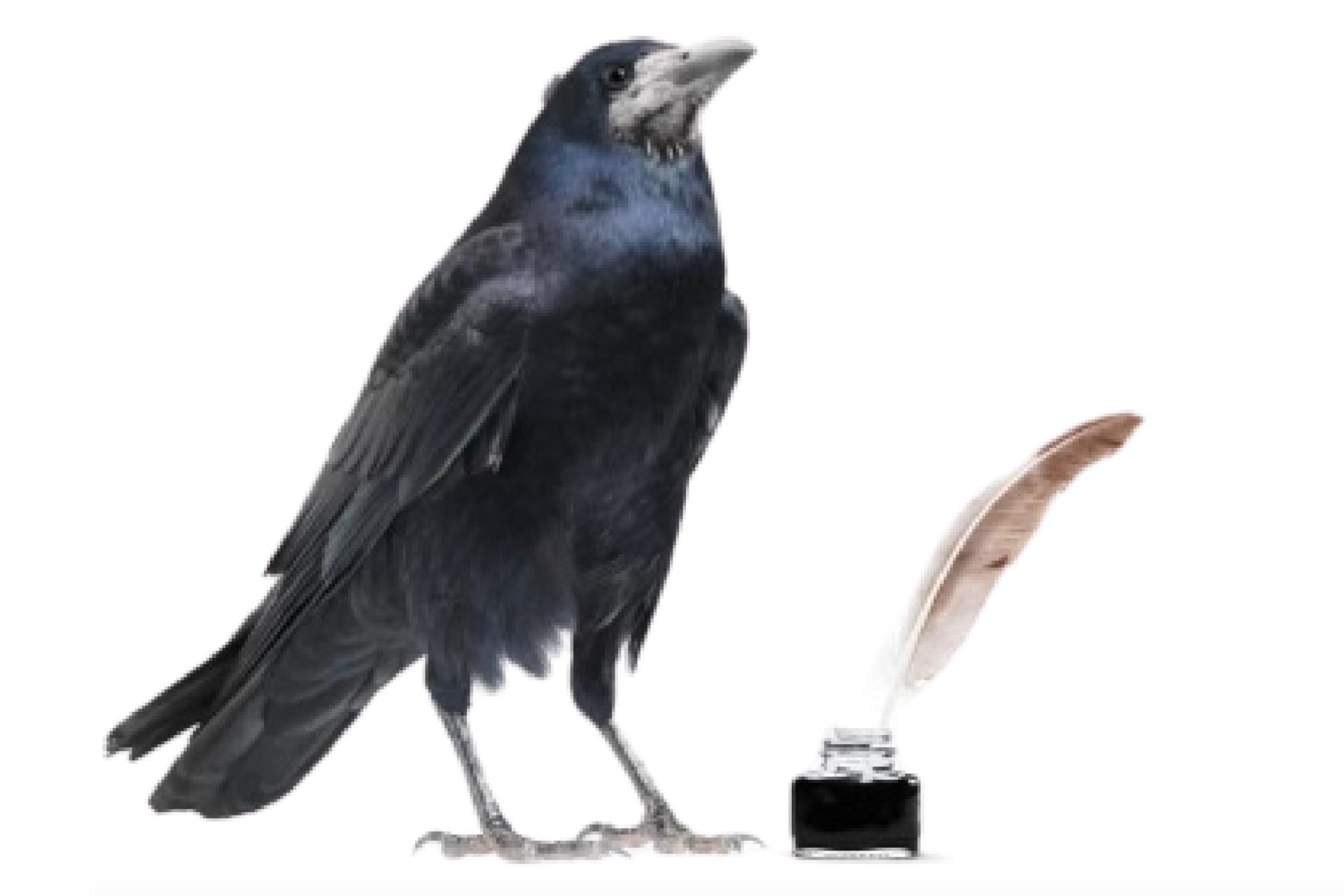February 12th, 2024
Should I give my partner another chance?
How do you know if a person is trustworthy?
Can I learn to trust if I have a history of being hurt?
Ultimately, the question of whether to trust your partner, at its core, concerns the dilemma of whether or not to risk. Because inherent in any act that carries even a smidgen of hope is a kernel of vulnerability. Trust involves placing our trembling, beating (and at times beaten) heart into the open palms of another, taking a deep breath, and waiting.
Then there’s the pause, deceivingly short, like the space between inhaling and exhaling. When we’re suspended between love and loss, time can get wonky; we flounder, fill in the spaces, and scramble for a plan. It can be tempting to pack our bags and leave. Alternatively, to set up camp and (re)commit prematurely—so hard is the pain of limbo.
It’s understandable to want a map or (even better) a guide to weigh the potential cost-benefits of second chances—of staying versus going; to believe that human relationships are measurable, that we can assess the risk of heartbreak and, in turn, make an informed decision concerning whether we should reinvest in love. But when asked if a partner is trustworthy or if a marriage will fail, as a couples therapist, my dilemma is that I’m more akin to a sea captain than an oracle, which means that while I know how to keep the bow of a ship (in this case, your relationship) pointed toward the waves and steady, I cannot see where the journey ends or what’s beyond the storm’s edge.
What I can say with confidence is that the storm always ends and that there are profound ramifications to our choices between here and the horizon that ripple into everything: our hearts and children, the world, and even future generations. Call it epigenetic trauma. Call it karma. Call it legacy. Whatever you call it, it’s a thing.
Thinking that you can determine if your partner is trustworthy by drawing from memories and experiences collected along the way—the forgotten birthdays, broken promises, and hurtful words—is a soft science because the meaning, intentions, and implications of another’s actions, and in turn, our relationship’s trajectory, will always be skewed by you.
Relationships are like funhouse mirrors; they distort our perspective and shape-shift our memories. Everything we say and see—past and present—is tinted by the slings and arrows incurred along the way (and similarly, by the sweet stuff when we’re inhabiting that space called smitten).
When faced with the unknown, our minds, wired to fill in the blanks, default to black-and-white thinking. Rather than hunkering down and getting comfortable with uncertainty, we deem the relationship fatally flawed, ourselves lacking, or the person we married regretfully a mistake. The truth is that most of us are (often) trustworthy but (sometimes) not and that every relationship has its share of potential and problems. Tolerating the unknowable until you reach a window of clarity—that sweet spot between avoidance and jumping ship—is essential because, though it’s true that uncertainty is painfully hard, it’s also painfully necessary and ultimately requires patience. Staying stuck in gridlock—in chronic ambivalence and the torments of uncertainty—is not what I’m talking about. I’m talking about becoming intimately familiar with that which rattles your heart and has you (re)acting in ways that keep you stuck and undermine connection.
Can you ever trust your partner again? My answer is maybe.
Do you remember a time in the early years when your relationship’s problems seemed small to nonexistent? Ask yourself if, in hindsight, there were subtle signs and patterns, little things you ignored or dealt with heavy-handedly. Did you hustle for your worth or try to control the uncontrollable? Were you reasonable with the unreasonable, drawing (and redrawing) invisible line after line in the sand? Even in tiny increments, these things, in time, can take down love.
Years ago, a therapist told me it was irrelevant whether I could trust my partner, that what mattered was whether I could trust myself. She hinted at instances when I’d thrown myself under the bus and ignored warning signs or squelched gut feelings. She insinuated (rather directly) that maybe I’d chosen comfort over courage—feeling good over getting better. I felt provoked, even indignant, but, in hindsight, she was spot on.
Maybe the question isn’t, can you trust your partner? Instead, maybe the question is, can you trust yourself?
After all, we are all works in progress regarding life’s heavy hitters. How well we’ll handle variables like pandemics, illness, parenthood, miscarriages, empty nesting, recessions, aging, and more is always—until it happens—unknowable, so cultivating trust in oneself seems a sound option.
Don’t get me wrong. Trust will always be necessary for any long-term relationship to endure and thrive. Ultimately, trusting that your partner can apologize, accept influence, acknowledge burdensomeness, learn, grow, and change so as not to repeat the same destructive patterns and show up for the hard conversations is essential. But so is knowing you can show up from a stance of worthiness, humility, and calculated risk when your partner falls short. Because they will. Sometimes, the risk will be in staying; other times, going, and with either, there will always be gain and regret.
If you’ve liked what you’ve read, couple it with Reflections on Regret for a Marriage in Crisis or What it Means to Function Securely When Your Partner Won’t.
Have a question? Contact me via VideoAsk, where you can leave me a text, audio, or video message HERE and contribute to future musings concerning Letter(s) to a Couple in Crisis.
Wholeheartedly,
Kerry
Sign up here to get on the mailing list.

Companionable words for harrowing times
Kerry Lusignan, MA, LMHC Certified Gottman Method Couples Therapist | Certified Daring Way Facilitator
